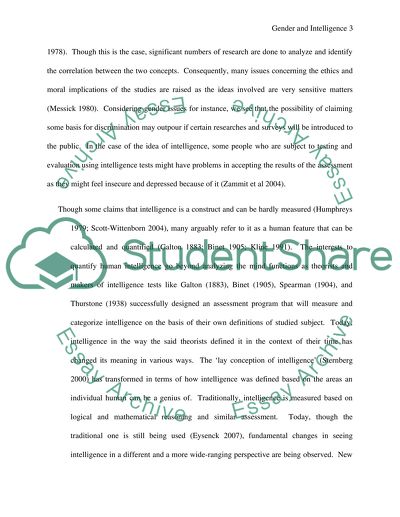Cite this document
(“Critically discuss the view that gender is relevant to the study of Essay - 1”, n.d.)
Retrieved from https://studentshare.org/environmental-studies/1420382-critically-discuss-the-view-that-gender-is
Retrieved from https://studentshare.org/environmental-studies/1420382-critically-discuss-the-view-that-gender-is
(Critically Discuss the View That Gender Is Relevant to the Study of Essay - 1)
https://studentshare.org/environmental-studies/1420382-critically-discuss-the-view-that-gender-is.
https://studentshare.org/environmental-studies/1420382-critically-discuss-the-view-that-gender-is.
“Critically Discuss the View That Gender Is Relevant to the Study of Essay - 1”, n.d. https://studentshare.org/environmental-studies/1420382-critically-discuss-the-view-that-gender-is.


